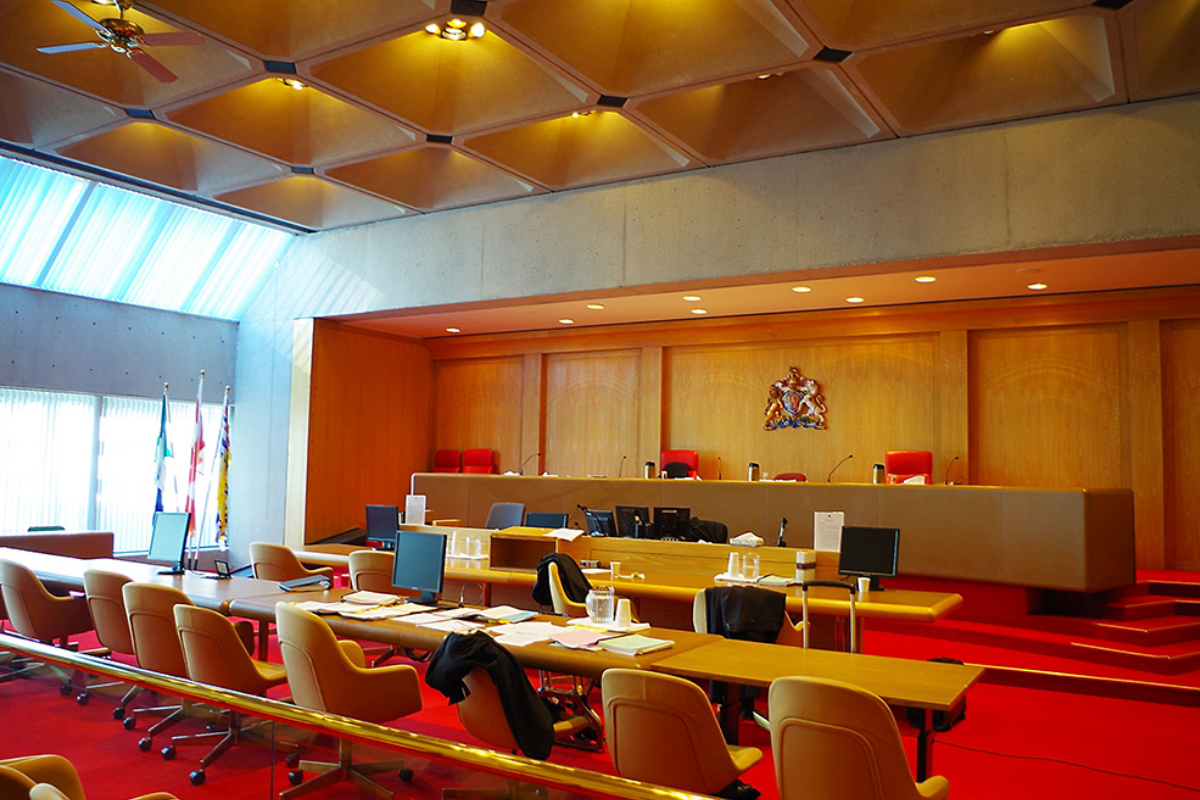BC Court of Appeal confirms parties can claim reliance and expectation damages

In FPS Food Process Solutions Corporation v. XTL Inc., 2025 BCCA 305, the BC Court of Appeal clarified three critical commercial dispute issues:
- The circumstances under which a duty to mitigate arises following a breach
- Whether a party may simultaneously pursue expectation (lost profits) and reliance (incurred costs) damages
- The extent to which a party must prove its damages
Background
This case concerns a dispute between FPS Food Process Solutions Corporation (FPS) and XTL Inc. (XTL), arising from a contract under which FPS agreed to manufacture and install an industrial freezer for XTL.
Under the terms of the agreement, XTL was required to make a 15% down payment and a series of monthly progress payments. XTL made the initial down payment and one progress payment but failed to make any further payments.
Despite XTL’s repeated assurances in 2015 and 2016 that it was arranging financing, it never did. In June 2018, XTL informed FPS that it would not proceed with the project. One year later, XTL commenced an action to recover the down payment and single progress payment that it paid to FPS.
In its response to civil claim, FPS pleaded that it had incurred engineering, manufacturing, labour and material costs in partially manufacturing the freezer, including payments made to a third party. FPS admitted that XTL had a claim against it for recovery of its partial payments, but subject to a set-off for the aforementioned costs incurred by FPS and FPS’ counterclaim in which it sought “contractual expectation damages.”
The trial judge held that FPS could only recover partial set-off costs because of its duty to mitigate damages. He also dismissed FPS’ counterclaim because:
- FPS could not claim for both expectation damages (lost profits) and reliance damages (lost expenses)
- FPS failed to accurately establish its lost profits
When did FPS’ duty to mitigate arise?
The trial judge found that FPS’ duty to mitigate its damages arose on January 5, 2016 – the date FPS’s project manager emailed XTL stating, in part, that “[FPS] will not be able to resume production until we receive further payment” – and that if failed to do so.
The Court of Appeal disagreed. Citing Semelhago v. Paramadevani, 1996 CanLII 209, the Court clarified that the duty to mitigate damages following a breach of contract only arises when the agreement is no longer alive or capable of performance. One example is where a contract has been repudiated, but the repudiation must be clearly and unequivocally accepted by the innocent party: Kaur v. Bajwa, 2020 BCCA 310.
The Court held that the trial judge did not find that XTL’s failure to pay was a repudiation of the contract, nor that FPS accepted any such repudiation by sending the email. The Court also determined that FPS’s email did not meet the legal standard of a “clear” and “unequivocal” acceptance by FPS of XTL’s repudiation, particularly because FPS’ email stated: “If we receive payment in the next couple of weeks, we are looking at delivery in April.” This showed that FPS was still willing to fulfil the contract, so the duty to mitigate had not yet arisen. The trial judge erred in finding otherwise.
Was FPS required to elect between expectation and reliance damages?
The trial judge determined that FPS had to elect between expectation damages (lost profits) and reliance damages (incurred costs) because allowing both would create inconsistent claims and potential double recovery:
- Expectation damages aim to put the injured party in the position that they would have been in had the contract been performed – these damages typically include the profits that the injured party would have earned
- Reliance damages reimburse expenditures incurred in reliance on the contract – the idea is to put the party in the position it would have been in had it not entered into the contract at all
These types of damages are conceptually distinct and, traditionally, parties elect one or the other.
After canvassing several judicial decisions – including Ticketnet and Callow – and legal commentary, the Court of Appeal held that “where there is no overlap in the claimed damages, and thus no risk of double recovery, a plaintiff is entitled to an award that puts them in the position they would have been in if the contract had been performed. This may include both incurred expenses and lost profits, if the latter are calculated after taking expenses into account.” [Emphasis added]
The Court determined that this was not a case in which FPS was required to elect between damages for lost profits and incurred expenses. This is because the purchase price under the contract included manufacturing costs and, separately, FPS’ anticipated profit. In other words, FPS’ claimed expenses were not included in the measure of potential profits, and therefore there was no risk of double recovery. For illustrative purposes, an example of double recovery would be if FPS claimed a lost profit of $100, consisting of lost expenses of $50 and lost profit of $50, plus lost expenses of $50.
To what extent was FPS required to prove its damages?
The trial judge held that “FPS [had] failed to, on balance, establish with accuracy the profits it would have earned if the parties completed the project. FPS failed to sufficiently establish a ‘pattern of earning’ related to producing the Freezer…”
Again, the Court of Appeal disagreed. Citing the seminal case of Chaplin v. Hicks, the Court held that the law is clear that damages for breach of contract do not have to be assessed with certainty. Rather, where the plaintiff proves some loss, the court will estimate that loss even if it requires some guess work.
The Court found that the judge erred in finding that FPS could not recover damages unless they could be assessed with some degree of certainty. The Court also held that the trial judge failed to consider material evidence that was relevant to the assessment of loss, including FPS’ profit margins on other freezer sales.
Key takeaways
- Duty to Mitigate: A duty to mitigate damages following a breach of contract only arises once a contract is at an end. If a party argues that a contract was repudiated, it must prove that the repudiation was clearly and unequivocally accepted.
- Claiming Damages: A party does not always have to elect between reliance and expectation damages. If the calculation of lost profits is net of incurred costs, the party may claim both, assuming there is no double recovery.
- Proving Damages: Damages for breach of contract do not have to be assessed with certainty – enforcing such a standard would relieve the wrongdoer of the necessity of paying damages.
The MLT Aikins commercial litigation practice group has considerable experience representing companies and shareholders involved in contract disputes, hostile takeover bids and derivative actions, securities and oppression claims and class actions. Please contact a member of our group if you have questions about a dispute.
Note: This article is of a general nature only and is not exhaustive of all possible legal rights or remedies. In addition, laws may change over time and should be interpreted only in the context of particular circumstances such that these materials are not intended to be relied upon or taken as legal advice or opinion. Readers should consult a legal professional for specific advice in any particular situation.




